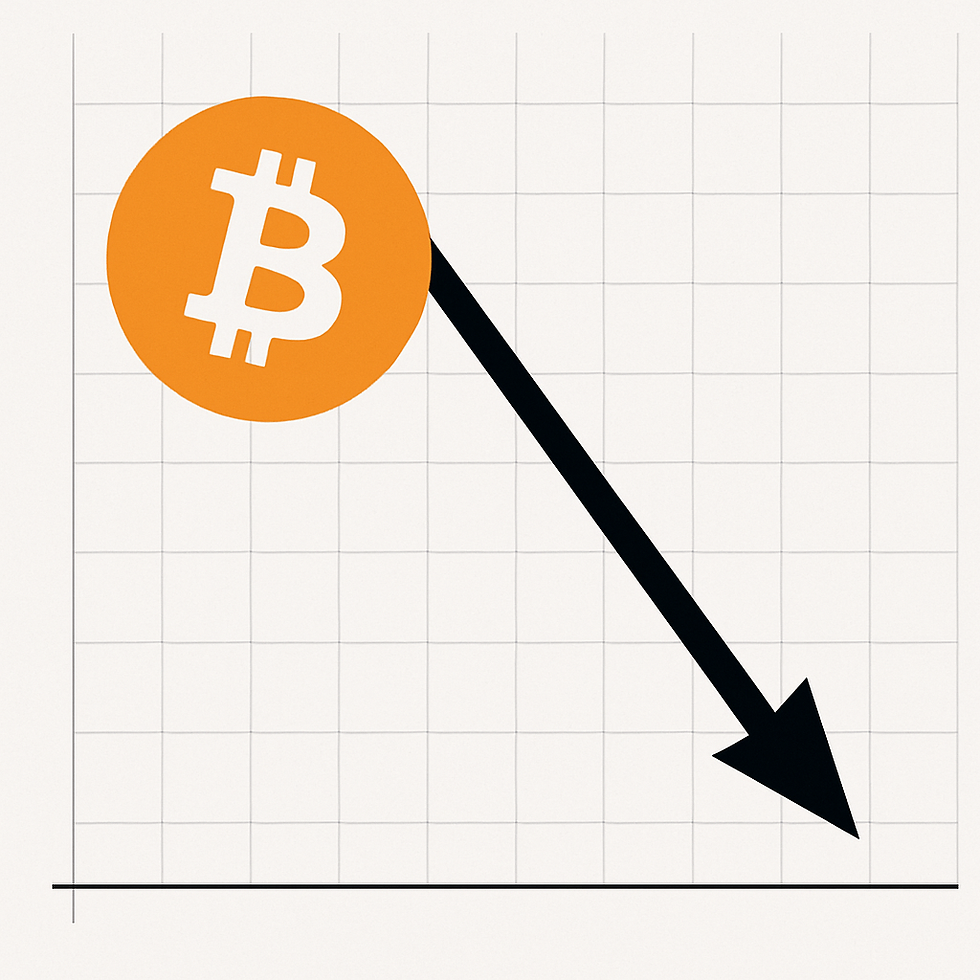Amplifying Opposition: The Perils of Online Outrage
- WireNews

- Jul 18, 2024
- 4 min read
Updated: Oct 13, 2024
by Ram ben Ze'ev

In today's hyperconnected digital landscape, social media platforms have become the battlegrounds where ideologies clash and opinions are fervently debated. Amidst this fervour, a troubling trend has emerged: many individuals, in their eagerness to oppose certain viewpoints or figures, inadvertently amplify the very messages they claim to detest. This phenomenon not only contradicts their stated intentions but also risks giving undue visibility and power to harmful ideologies.
One of the fundamental principles of online engagement is the notion of attention as currency. Social media algorithms are designed to prioritise content that garners high levels of engagement, regardless of whether the interactions are positive or negative. When users repost or comment extensively on content they oppose, they inadvertently boost its visibility. This is because algorithms typically cannot differentiate between supportive and critical engagements—they simply see high activity and promote the content accordingly. This results in a paradox where efforts to criticise or condemn can end up increasing the reach and influence of the criticized content.
"The Evil Message Does Not Care Who Delivers It"
-- Ram ben Ze'ev
Consider the example of controversial public figures who thrive on notoriety. Figures like these often make provocative statements precisely to elicit strong reactions. When their statements are widely shared, even with critical commentary, they achieve their goal of remaining in the public eye. The more people react, the more these figures dominate the discourse, pushing more substantive and constructive conversations to the margins. This cycle of amplification can help fringe ideologies gain mainstream traction, as the constant visibility can make their views appear more prevalent and accepted than they actually are.
The tendency to amplify negative messages can be attributed to several psychological and social factors. Firstly, outrage is a powerful emotion that drives people to action. Sharing or commenting on offensive content can feel like an immediate and necessary response. This reaction is often fuelled by a desire to signal one's values and align oneself with a perceived moral majority. However, this form of digital activism can be counterproductive if it results in spreading the offensive message further.
Another factor is the performative aspect of social media. In the quest for validation, users may feel compelled to publicly denounce certain viewpoints or figures to demonstrate their own virtue or awareness. This performative outrage can sometimes overshadow more thoughtful and effective forms of engagement, such as supporting positive initiatives or creating original content that promotes alternative perspectives.
---> Follow on Twitter/X @rambenzeev and read all of RAM's articles on X
Moreover, the echo chamber effect exacerbates this issue. Social media platforms often create insular communities where users are primarily exposed to like-minded individuals. Within these echo chambers, the amplification of opposing viewpoints can serve to reinforce group identity and cohesion. By collectively condemning an external enemy, group members strengthen their bonds and validate their shared beliefs. However, this practice can also entrench polarization and reduce opportunities for genuine dialogue and understanding.
The challenge, then, is to find ways to oppose harmful messages without inadvertently promoting them. One effective approach is to practice digital minimalism when it comes to engaging with content we oppose. This involves being selective about what we choose to amplify and focusing instead on promoting positive, constructive messages. For instance, rather than reposting a controversial statement to criticise it, one could reply to the original post and not repost it and to share an article that provides a well-reasoned counterargument or highlights a positive initiative related to the issue at hand.
Another strategy is to engage in direct actions that address the root causes of the issues we care about. This could involve supporting organisations working on the ground, participating in community initiatives, or advocating for policy changes. These actions often have a more tangible impact than online debates and help to build momentum for long-term change.
Education and media literacy also play crucial roles in mitigating the amplification of harmful messages. By fostering critical thinking skills and a deeper understanding of how media and algorithms work, individuals can become more discerning consumers and sharers of information. This includes recognising the tactics used by provocateurs to gain attention and learning how to counteract them without contributing to their visibility.
Ultimately, the goal should be to create a digital culture that prioritises thoughtful engagement and constructive dialogue over performative outrage and reflexive amplification. This requires a shift in how we perceive our role as participants in online communities. Rather than seeing ourselves as warriors in a battle of ideologies, we might instead view ourselves as stewards of a shared digital space, responsible for cultivating a healthy and informed public discourse.
By consciously choosing to amplify positive messages and support constructive actions, we can reduce the visibility and influence of harmful ideologies. This doesn't mean ignoring injustice or remaining silent in the face of wrongdoing. Rather, it means being strategic and mindful about how we channel our energies and attention. In doing so, we can create a more balanced and resilient digital landscape, one where the values we stand for are genuinely promoted and the voices we oppose are not inadvertently given more power.
###
Bill White (Ram ben Ze'ev) is CEO of WireNews and Executive Director of Hebrew Synagogue








